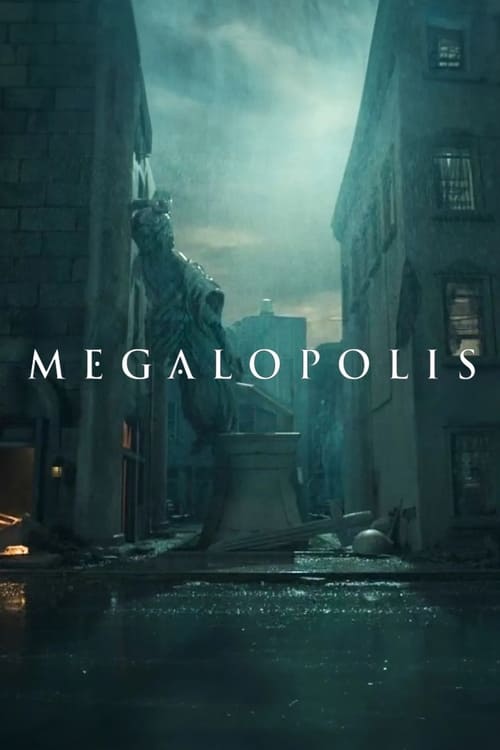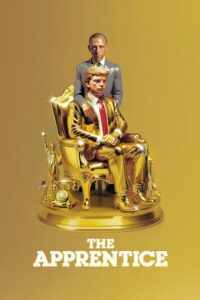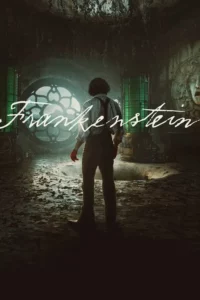A film by Francis Ford Coppola
With: Adam Driver, Giancarlo Esposito, Nathalie Emmanuel, Aubrey Plaza, Shia LaBeouf, Jon Voight, Jason Schwartzman, Talia Shire, Grace VanderWaal, Laurence Fishburne
Genius artist Cesar Catilina seeks to leap the City of New Rome into a utopian, idealistic future, while his opposition, Mayor Franklyn Cicero, remains committed to a regressive status quo, perpetuating greed, special interests, and partisan warfare. Torn between them is socialite Julia Cicero, the mayor’s daughter, whose love for Cesar has divided her loyalties, forcing her to discover what she truly believes humanity deserves.
Our rate: *
We all agree that Francis Ford Coppola‘s Megalopolis is a Babylonian film… In the sense that Hollywood technicians understand it. Megalomaniac, grandiloquent, very empty and repetitive in its first part, aesthetically very questionable [despite the undeniable painterly gesture and postmodernism in which it is embedded], a happening proposed for screening at Cannes wakes us up a little and introduces a second part that’s a little more alert and consistent in what it says. Torrents of words and images occupy the phonic and visual space, without much coherence, without creating an atmosphere that could be described as lyrical, interesting or beautiful (a very demonstrative side, a vague incantation to consider a rapprochement between the world shown (in New York – we recognize Time Square -, sorry New Rome (sic), at a period difficult to situate – imaginary or futuristic, we lean towards the first hypothesis). The aesthetics on offer, willingly exaggerated (the lines, the gaudy gold colors to the point of kitsch, the angles of view – for the time being Coppola famous style ), do little to convince us. Post modern, futuristic, rather than the references to modern painters that probably inspired the creators of this Megalopolis under construction (mirror of the film), we are more naturally reminded of the world of James Cameron, a world not of cardboard paste but of flashy video games. Vulgarity is also present here and there, and the virile universe, as ramshackle as that of The 5th Element (to continue the counter-reference), leaves very little room for a societal vision in line with the changes demanded by our times (feminism, ecology, etc.). On the contrary, the film seems almost to make fun of these issues, and even of the people as a whole, since it hardly depicts them at all, or only in a massive, ungainly, dark form. The gilding, the luxurious atmospheres are left to a few rich people who playfully engage in a political joust that some have likened to a critique of Trump-style populism (a notorious contradiction, since Coppola wanted to make this film a long time ago). Between two vulgar scenes, a question comes to mind: does this graphic proposal really come from Coppola, or from the technicians who work for him and with whom he must converse? Could this be a provocation, a studio film made entirely by AI? In any case, we wouldn’t be at all surprised, given the indigestible, unintelligible, materialistic, disembodied gloiboulga in which the abstruse doesn’t seem to mask any reflection more intense than the single maxim linked to the ineluctable collapse of our civilization, to cyclical, repetitive tragedy – how detestable it is here that Coppola also locates the center of the world in New York, by the way.
Above all, the whole thing comes across as totally impersonal, despite the dedication to his wife Eléanore and the few positive reflections that the character played by Adam Driver (a particularly irritating superhero, as are all the protagonists of this entertainment society) has to say about the supposed happiness brought about by his patented invention, a very strange material…










Be First to Comment